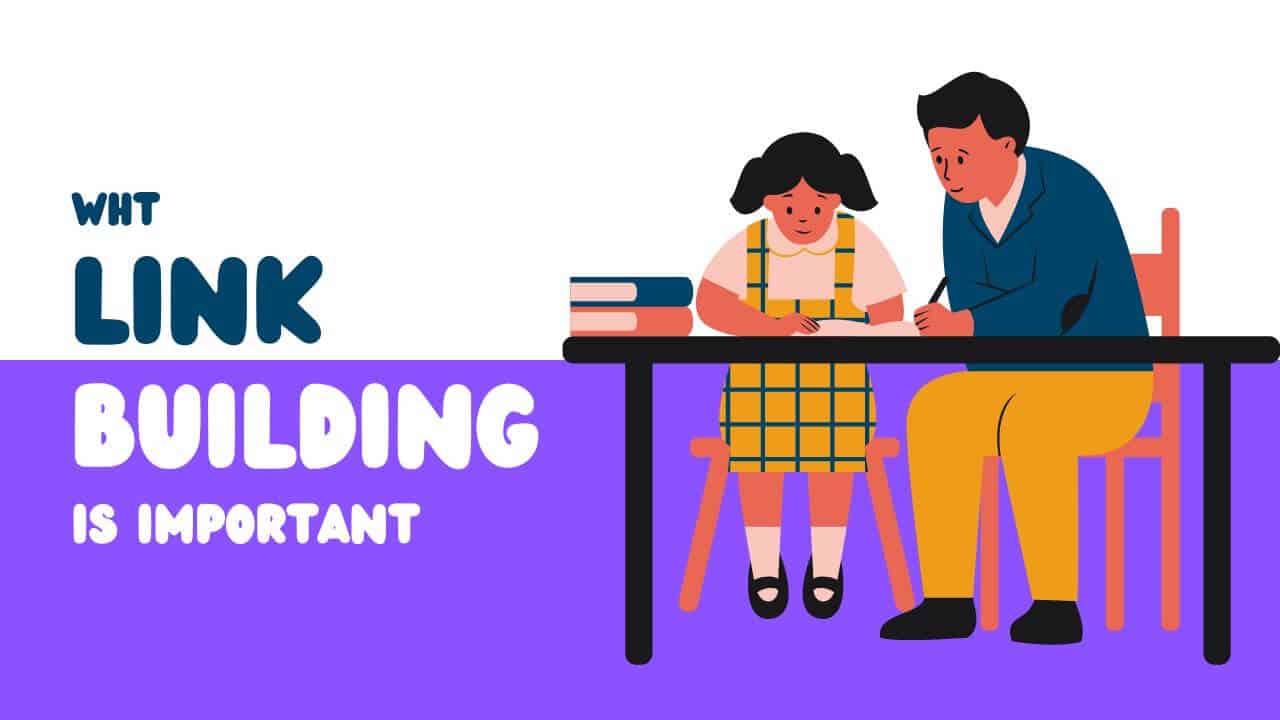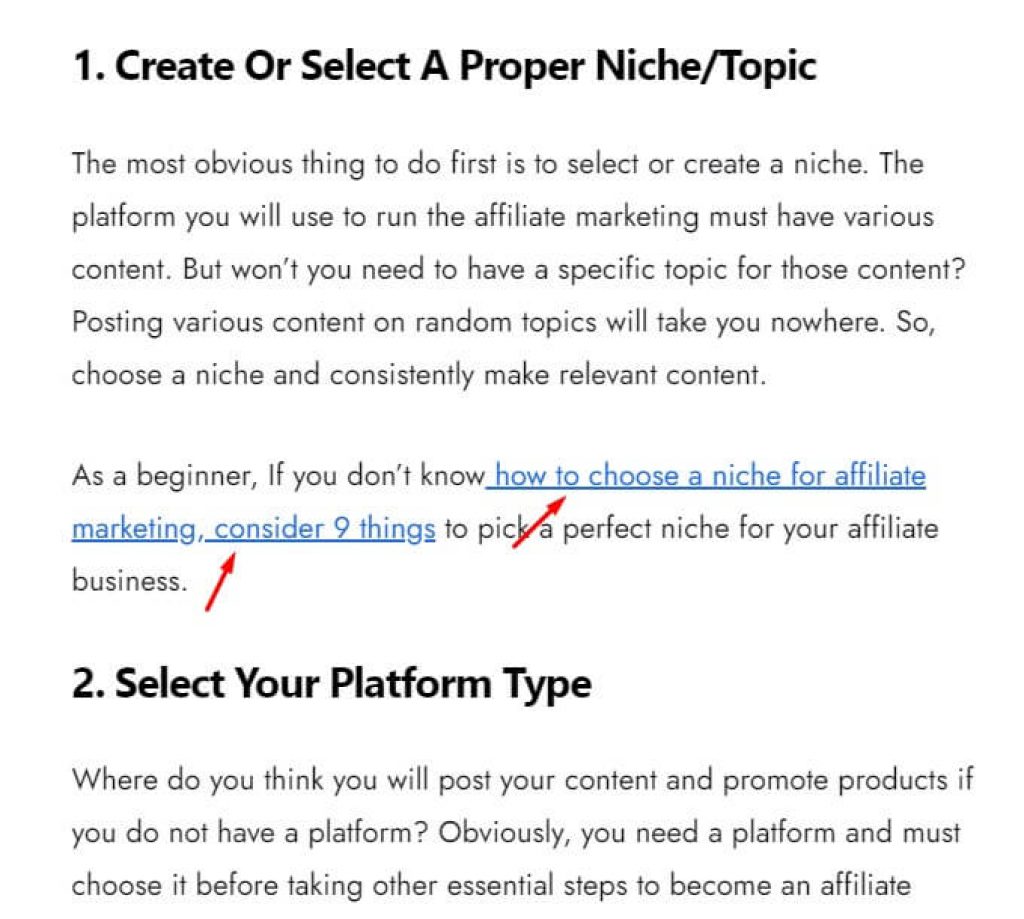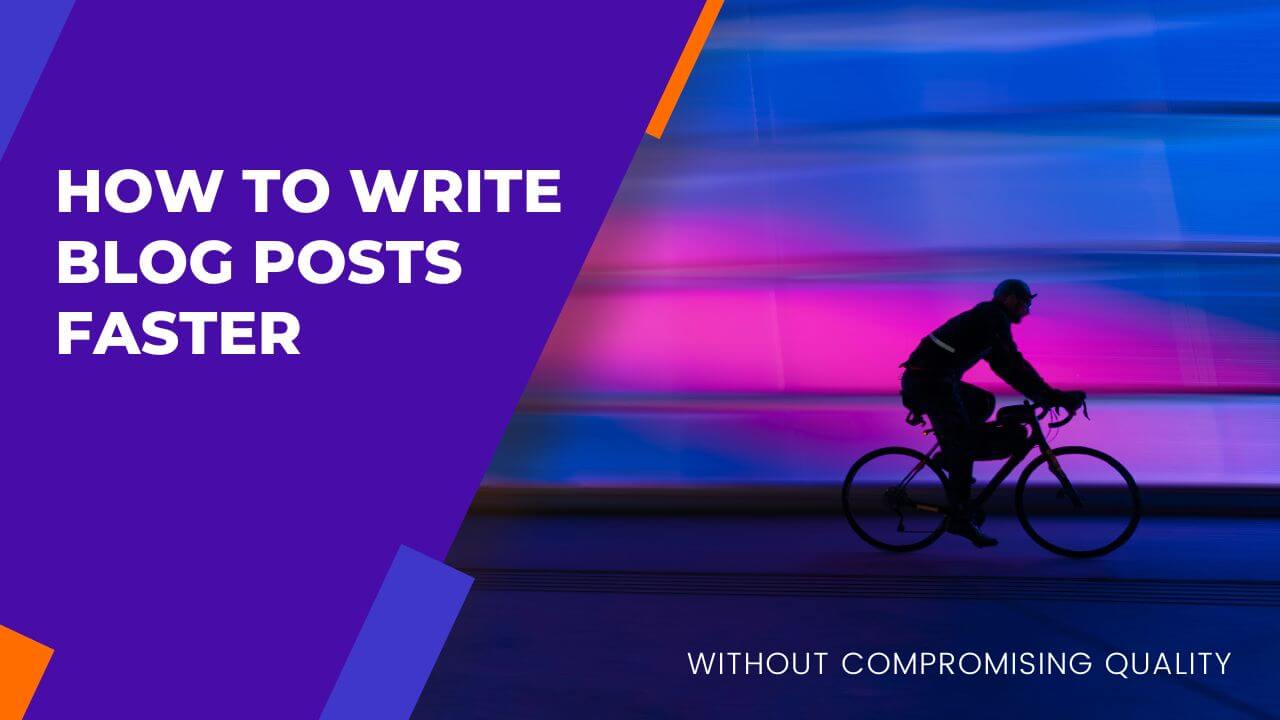
Last Updated on July 29, 2023
Link building is a very important aspect of search engine optimization. That involves acquiring hyperlinks from other websites to your own. Building a network of high-quality links can improve your website’s authority and ranking in search engine results pages (SERPs), increasing traffic and conversions.
Effective link-building requires a strategic and ethical approach. Spammy tactics such as buying links or manipulating anchor text can harm SEO and reputation. In contrast, natural and organic link-building can enhance the user experience and establish trust with other websites in your industry.
High-quality content is key to effective link building, as it attracts links naturally and provides value to readers. By producing informative, engaging, and relevant content for your target audience, you can establish yourself as an authority in your industry and attract links from other websites that see the value in your content.
This article will provide the importance of link-building in SEO, the key components of an effective link-building strategy, common mistakes to avoid, and how to monitor and analyze your link-building efforts to ensure success.
Determine the best type of links to build for your website
Before you start building links, it’s essential to determine the best type of links for your website. Not all links are equal; some may hurt your website’s search engine ranking. The best links are those that come from authoritative websites that are relevant to your niche.
There are several types of links that you can build for your website, including:
Editorial links: These are links that are earned naturally as a result of high-quality content that other websites want to link to.
Guest posts: These are links acquired by writing content for other websites and including a link back to your website in the author bio or within the range itself.
Broken link building: This involves finding broken links on other websites and offering a replacement link to your website as a solution.
Directory links: Directory links come from online directories.
Forum and blog comments: These are links acquired by leaving comments on other websites that include a link back to your website.
Conduct effective link outreach and build relationships
Once you’ve determined the best type of links to build for your website, the next step is to conduct effective link outreach and build relationships with other websites in your niche. Building relationships with other website owners and bloggers can help you acquire more high-quality backlinks and improve your website’s authority.
When conducting link outreach, it’s essential to follow these best practices:
Personalize your outreach: Use the recipient’s name and website URL in your outreach email to show that you’ve researched and are genuinely interested in working with them.
Keep your outreach short and to the point: Keep your outreach email brief and to the point, and clearly explain what you’re looking for and why it would be beneficial for both parties to work together.
Follow up: If you are still waiting to receive a response to your initial outreach email, follow up with a friendly reminder a week or two later.
Create high-quality website content to attract links
An excellent link-building plan must include the creation of high-quality content. Quality content is one of the finest strategies to attract connections from other websites regarding link building. This post will go over the significance of producing high-quality content and how it may assist you in attracting links to your website.
What is high-quality content?
High-quality content is content that adds value to the reader’s experience. This can take the shape of educational articles, exciting films, interactive infographics, or any other well-researched, well-written material that adds value to the reader’s experience. High-quality content is defined by the writing’s quality and its worth to the reader.
Why is high-quality content important for link building?
For various reasons, high-quality content is essential for link building. Other websites are more inclined to share and link to it. High-quality material is more likely to be viewed as a helpful resource by other website owners and content authors. They may include a link to your material to provide value to their audience.
Second, journalists and other media sources are more likely to pick up high-quality material. This might result in additional links and visibility for your website. Journalists and other media professionals constantly seek high-quality information to include in their articles and news stories. If your content is of sufficient quality, it may be included in publications with a considerably wider readership than your website.
Lastly, high-quality content assists your website in establishing itself as an expert in your sector. When other website owners and content writers regard your website as a quality resource, this can lead to increased links and visibility over time.
Overview of how to effectively use anchor text in link building
When it comes to link building, the anchor text you choose is crucial to the success of your approach. The clickable text that appears as a hyperlink is known as anchor text and is used to represent the content of the page to which it refers.
Here’s an overview of how to effectively use anchor text in your link-building efforts:
1. Use descriptive anchor text
When creating anchor text, it’s essential to use descriptive words that accurately reflect the linked page’s content. This helps search engines understand the link’s context and improves the user experience for readers.

For example, instead of using generic text like “click here” or “read more,” use specific phrases that describe the content of the linked page, such as “Learn more about digital marketing strategies” or “Check out our guide on improving website traffic.”
2. Vary your anchor text
Using the exact anchor text repeatedly can be seen as spammy by search engines and harm your website’s SEO. It’s important to vary your anchor text and mix exact match, partial match, and branded anchor text.
Exact match anchor text is when the text of the link matches the target keyword exactly, such as “digital marketing strategies.” Partial match anchor text includes target keyword variations, such as “marketing tactics” or “online marketing tips.” Branded anchor text uses your company or website name as the anchor text, such as “Visit XYZ Company for more information.”
You can create a natural link profile that looks more organic and less manipulative to search engines using various anchor texts.
3. Use internal linking
In addition to external links, internal linking is another crucial aspect of anchor text usage. Internal links are links that point to other pages on your website.
Using descriptive and relevant anchor text for internal links can help readers navigate your website and improve the user experience. It can also help search engines understand the structure and hierarchy of your website’s content.
4. Avoid over-optimization
While using anchor text effectively in your link-building strategy is essential, avoiding over-optimization is equally important. Overusing exact match or keyword-stuffed anchor text can be seen as spammy and harm your website’s SEO. Instead, focus on using natural and relevant anchor text that enhances the user experience and provides value to readers.
Monitoring and analyzing your link-building efforts is essential to any successful SEO strategy.
Discussion of common mistakes to avoid in link building
Link building can be a highly effective SEO strategy when done correctly, but it’s more important to be aware of common mistakes that can harm your efforts. Here’s a discussion of some common mistakes to avoid in link building:
Buying links: Buying links is a common practice that involves paying for links to be placed on other websites. This practice is highly discouraged by search engines and can result in penalties and a significant decrease in your website’s search engine rankings. Instead of buying links, focus on creating high-quality content that naturally attracts links from other websites.
Using low-quality directories: Submitting your website to low-quality directories can harm your website’s SEO and credibility. It’s important to only submit to reputable directories relevant to your niche and provide value to readers.
Ignoring relevance: Linking to irrelevant websites or pages can harm the credibility of your website and signal to search engines that your link-building strategy is manipulative. It’s essential to focus on relevance when building links and only link to websites and pages relevant to your content.
Using manipulative tactics: Using manipulative tactics such as link exchanges, link farms, and spammy comments can harm your website’s SEO and reputation. It’s essential to focus on creating high-quality content that naturally attracts links and provides value to readers.
Not monitoring results: Monitoring and analyzing the results of your link-building efforts is crucial in determining the effectiveness of your strategy. It’s important to track metrics such as the number of links, traffic, and rankings and make adjustments as needed.
Final Thoughts
Link building is an integral part of search engine optimization that may dramatically boost the exposure and rating of your website. Creating high-quality content, using engaging anchor text, monitoring and analyzing your efforts, and preventing frequent blunders are necessary.
Establishing relationships and trust with other websites in your field is also essential. Lastly, avoid frequent blunders like over-optimization, deceptive methods, and neglecting user experience. You may design an effective link-building plan that enhances your website’s SEO and overall success by concentrating on delivering value to visitors and creating relationships with other websites.





